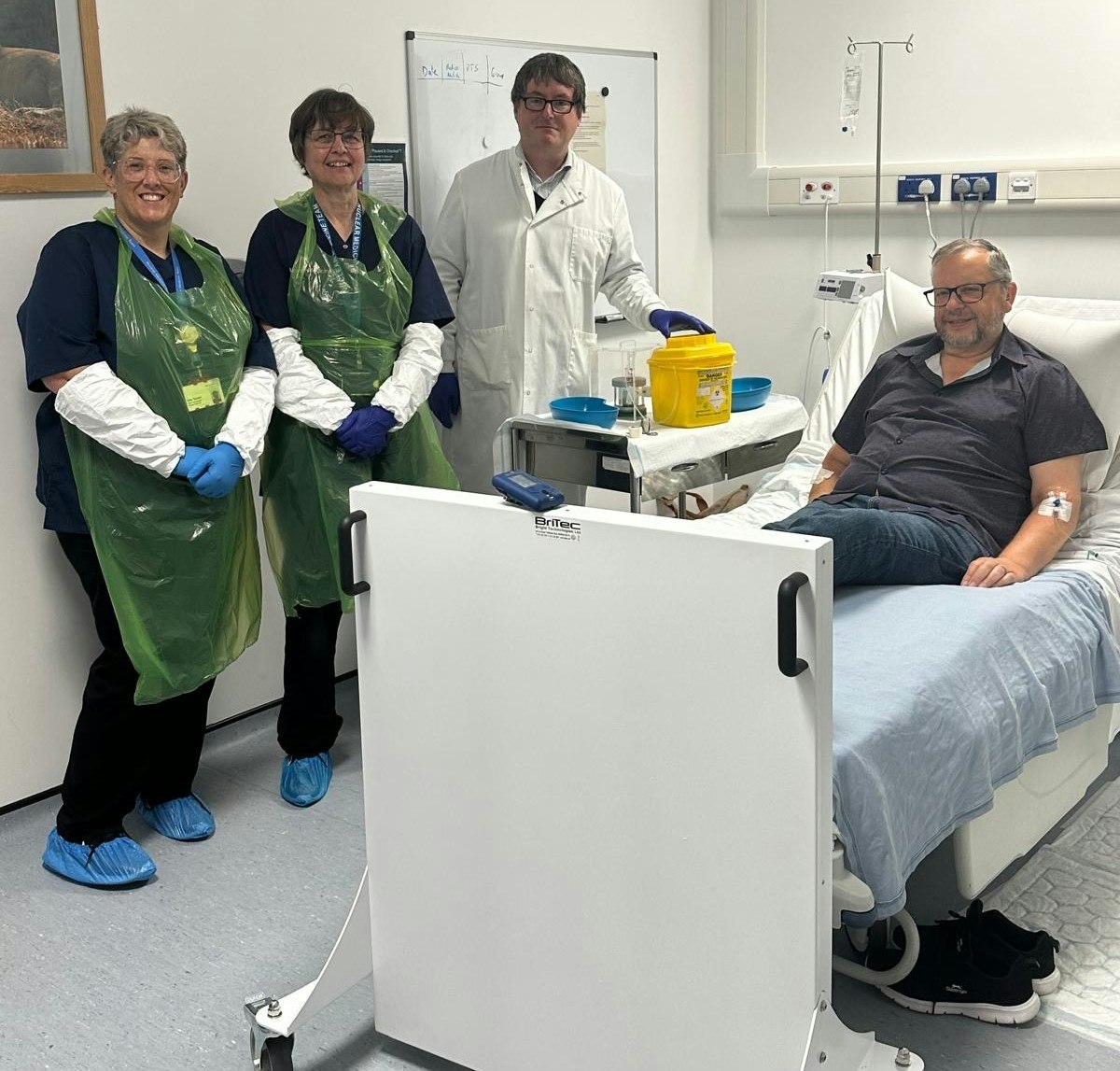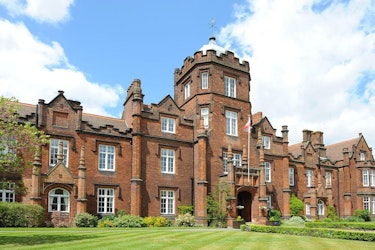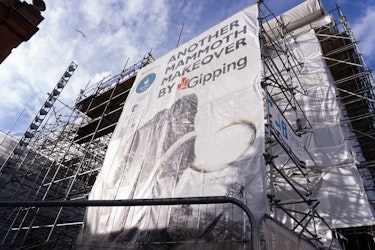Why it matters: NETs are rare tumours that can affect any part of the body, often diagnosed after they've spread. This treatment offers hope when other options like chemotherapy aren't possible.

The big picture: This new treatment option brings specialised care closer to home for patients in Ipswich and Colchester, potentially improving their quality of life and extending their lifespan. Colchester Hospital is one of only two hospitals in the east of England offering this treatment.
How it works:
The treatment, called lutetium molecular radiotherapy, is injected into the bloodstream
It travels directly to the tumour, stabilising or shrinking it
It's described as a "magic bullet" due to its targeted approach
What they're saying: Dr Mary McStay, consultant gastroenterologist at Colchester Hospital, said: "We have brought a specialist treatment closer to home for patients. We know some patients feel unable to travel due to being poorly, or they just don't feel comfortable going to a London hospital for the treatment."
The bottom line: While not a cure, this treatment offers NET patients a life-extending option and improved quality of life without the need for long-distance travel.







